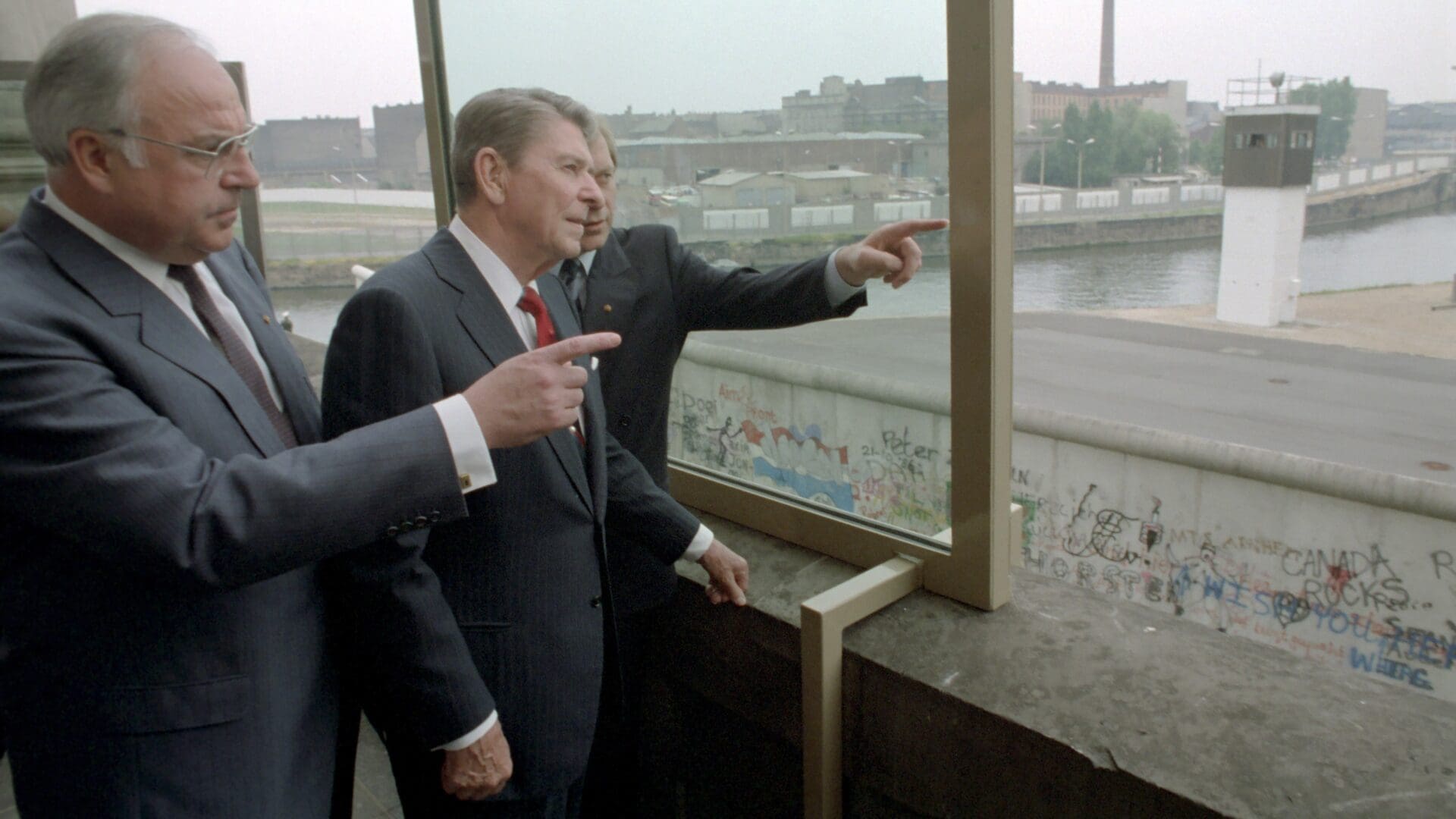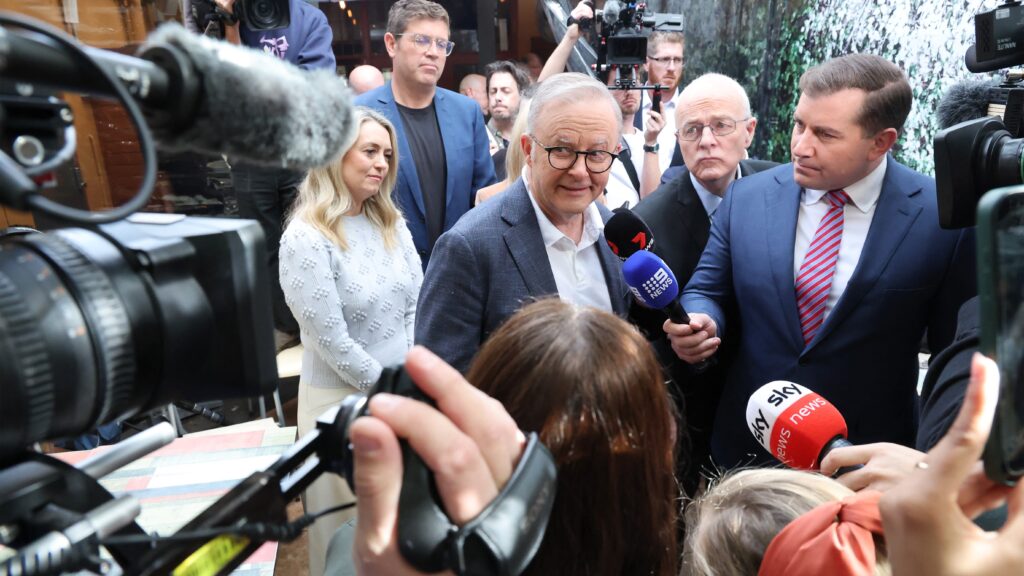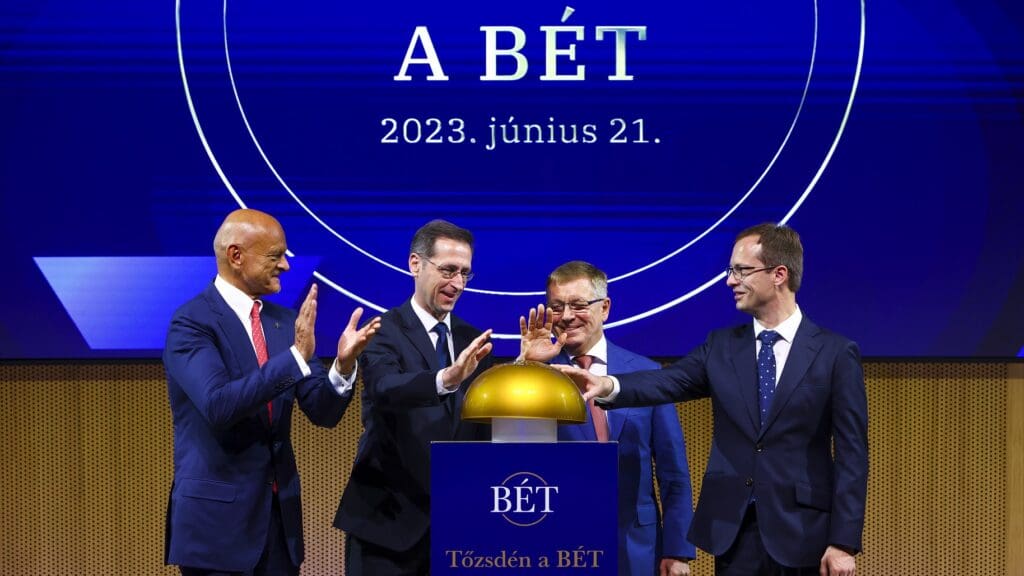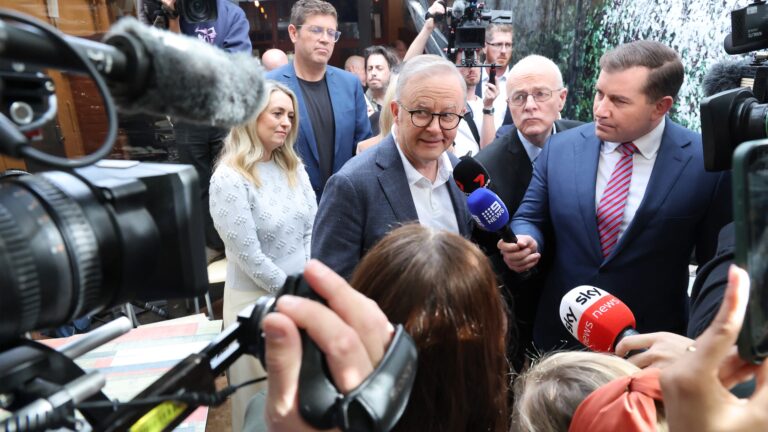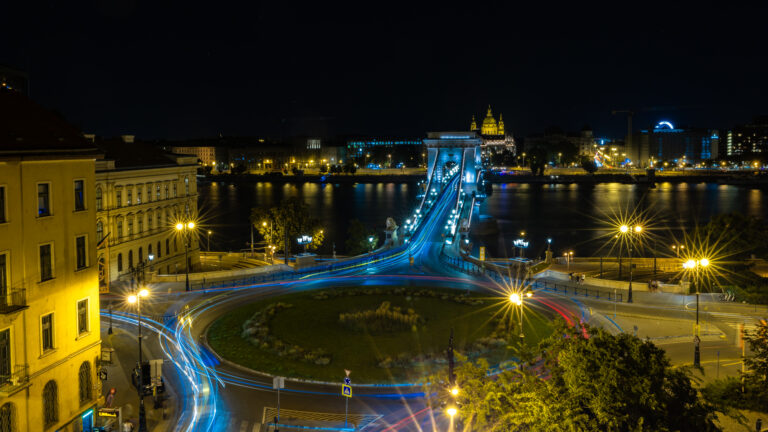How and by whom can the destiny of Europe be shaped? By those who claim to be speaking on behalf of the Member States? Or those who invoke the Founding Treaties, or the vague ‘European project’? Is it even possible to separate national and European interests? Who can take responsibility for Europe? And those who can, who is it they are taking responsibility for? Who can give Europe a voice or even write or tell its story?
These are tough questions that are being asked both in big politics and at the many European law courses and study weekends. I witness particularly interesting exchanges of opinions when I pose these questions to students from all over Europe. After some reflection, most of them answer the last question with something to the effect of ‘those who engage in historical action that (also) defines Europe’. Putting it slightly differently: those able to give an answer that expresses European destiny in the unpredictable turmoil of history.
In light of this collective wisdom, it is worth taking a look at the modern history of Europe. At this stage in history, one European turning point is clearly visible: the fall of the Iron Curtain and of the Berlin Wall that divided Europe and Germany. The ‘winds of change’ brought millions of people back to freedom, self-determination and self-respect from the stifling misery of foreign military occupation, the secret police, the persecution of the church, and an all-encompassing greyness and confinement. Where did this unstoppable wind come from? First and foremost, from the United States. For, unlike his predecessors,
President Ronald Reagan sought not to avoid defeat but to achieve victory.
Of course, the partnership of the Soviet premier, Gorbachev, was also needed as he understood what was happening in history. But was the reunification of Germany and then of Europe a historical necessity? Was it the result of an unstoppable wind of change? Far from it. Someone had to catch the wind of history in Europe’s sails. It was Chancellor Helmuth Kohl who recognized this moment. He realized that time would not wait any longer, that the unification of Germany had to be achieved now. He saw the reunification of Germany and the unification of Europe as two sides of the same coin: the forerunner of a comprehensive European order that can express a Christian Democratic heritage. And although the wind was blowing in the right direction, the exercise was not without struggle, compromise and uncertainty. The Chancellor knew that in order to succeed, he would have to win American support, persuade skeptical European leaders and, not least, win the partnership of the Kremlin. He succeeded in overcoming all these mounting obstacles: as a national politician, he created a European vision. And then there was more: from Reagan’s speech at the Brandenburg Gate in ‘87 to his meetings with Gorbachev, he actively shaped the events with the leaders of the superpowers. He organized, negotiated, acted and had numerous results, and the world took notice, while he helped to restore a Europe that could act. A Europe buried in the Cold War was put back on the world map. This momentum was impressive in Europe, both in and outside the integration process. This ‘European project’ was in full swing and also captured the imagination of the countries of Central Europe. They were able to reach out to Europe on behalf of Europe.
However, this twist of events was immediately followed by a counterexample. Watching the historical processes unfold, the institutions of integration in Brussels and Strasbourg, in particular the Commission and the Parliament, saw in them an opportunity to take the matter of Europe into their own hands. The integration reforms launched by the Maastricht Treaty of ’93 were to be crowned, not least at their impatient insistence, in the Constitutional Treaty of 2004. Why did they think this was significant? They hoped it would remove the limits imposed by the Founding Treaties, which were said to be restrictive. In legal language, this meant that their ever-expanding powers would be derived not (only) from the ‘High Contracting Parties’, but directly from the European citizens. In other words, as a result of a transfer of power from the Member States, they thought that that they would be able to give Europe a voice. The subsequent fall that followed was of unimaginable depth. France and the Netherlands rejected the attempt at a European constitution in referendums. The message was clear: this tune does not sound European, and the people of the European countries do not want to listen to it.
In retrospect, while history has elevated Chancellor Kohl, who took the lead for Europe, the self-appointed role of the internal institutions of integration has seen a demise. There are many lessons to be learned from this crossroads in history. One is that
the history of Europe cannot be told or written without the history of its nations.
The first presupposes the latter. Just as history cannot be neutralized, the place of European countries in the world, their interests, their relations, their history, cannot be hidden or dismissed. This does not mean, of course, that there is no room for European cooperation. European cooperation is necessary—today more than ever—but it is not a necessity, and it cannot become an end in itself. European unity comes from the alignment of interests and ideas, not from their supremacy. The higher dimension of Kohl’s political vision was exactly its embeddedness in a European framework. European cooperation is an ambitious project, but it is a cooperation that exists in France, Italy, Poland, Hungary and other European countries. The EU institutions in Brussels, Strasbourg or Luxembourg cannot therefore be divorced from this. If they are, they face the ‘fall of Icarus’.
With the collapse of the Iron Curtain, European integration has accomplished a large chunk of its earlier goals: the internal market and the four fundamental freedoms have been more or less achieved, and Europe’s civilizational heritage has been successfully preserved against the expansion of communist ideology. These achievements, however, gave false confidence. Despite the failure of the constitutional experiment, the European Parliament and the Commission are making increasingly desperate and bitter attempts to take over the representation of Europe. To this end, they are taking shortcuts, creating more and more complex legal and bureaucratic constructs to tear down the barriers and loosen the ties imposed by the Founding Treaties. An example of this is the appropriation of the concept of ‘European’. This serves to create a false contrast between who is ‘European’ and who is not. Instead of discussing Europe’s common issues, Brussels institutions are trying to build their careers (and legitimacy) on the judgement of who is European and who is not. But the flow of time is unstoppable: the 2010s have brought about the paradoxical situation where supranational institutions, while seeking to represent Europe through self-renewal, have proved to be incapable of responding to successive crises. This time, the price has been high: the United Kingdom, a key economic and military player, has withdrawn from integration. The early 2020s will bring new crises, now geopolitical ones. There is a big difference between the historic crossroads of ’89 and the early 2020s. Helsinki, Reykjavík, Stockholm: these were the cities that once hosted the Cold War negotiations that finally led to the liberation of Europe. It was a position of trust that was more precious than anything else. Europe now seems to be losing that position, too. Whereas thirty years ago Europe, acting through its Member States, took a grip on history and defined its own place in the world, now the situation is the opposite:
Europe, losing momentum and uncertain of its ambitions, is caught up in the drift of history.
What are the lessons that can be learned from this? Europe is faced with difficult times. It has a lot of catching up to do in terms of defence, demographics and competitiveness. And yet, amidst all the gloom, there is some hope: an old anecdote from our childhood is a fitting description of Europe’s current situation. Aristide is running around in circles around a pyramid; a lion is chasing him, almost catching him. Tassilo happens to walk by. Seeing the danger, he warns his friend: ‘Watch out, Aristide, the lion is behind you!’ ‘No problem,’ comes the reply, ‘I am a lap ahead of it.’ Although the mounting dangers in the world and the big power rivalry for the spheres of influence and resources put her in a difficult position, she can still be a lap ahead. After all, Europe is a civilization based on solid rock that went through many storms, whose legacy is a living reality in our national communities. This impressive intellectual heritage is Europe’s advantage. By contrast, the cooperation between European countries is a legal construct: its future depends on their ability to preserve this civilization and their national communities. In the debates, considerations, and elections regarding the future of Europe, the supranational institutions of integration must therefore be freed from their self-indulgent wanderings.
and the Member States must not delay in setting out a European vision.
Historical experience has shown that Europe cannot speak without expressing the debates that represent national aspirations. The legitimacy of the European Parliament must therefore be strengthened by involving national parliaments. The Commission, with its technocratic knowledge, must be freed from the burden of its political role. The national supreme and constitutional courts must also give a helping hand in interpreting the Founding Treaties. Europe is in trouble, and there is no time to lose more time: the Union must find a European voice.

